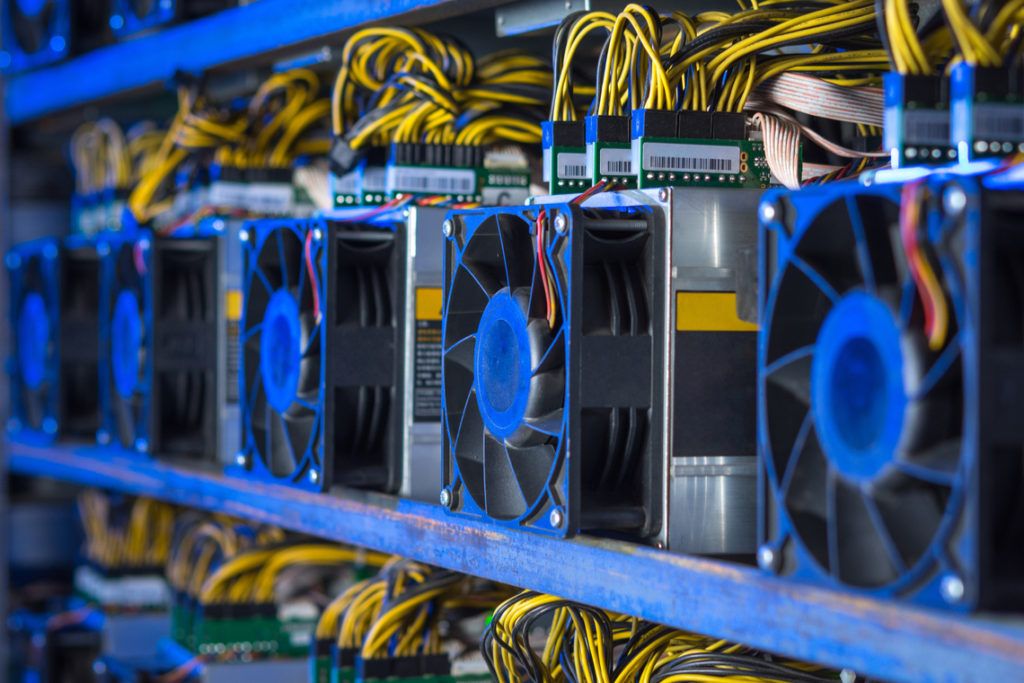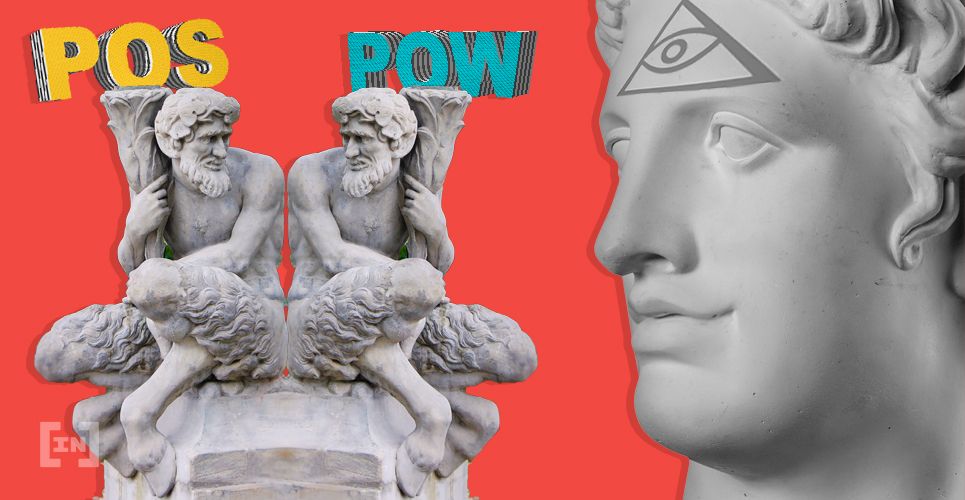On Dec 27, POA Network announced a partnership with Hyperloot. After the rumor emerged that Bitmain may lay off a majority of its employees, alternatives to Proof of Work (POW) are being sought. Proof of Authority (POA) may be a feasible alternative to POW, but the lack of anonymity offered by POA could be worrisome to cryptocurrency investors.
The POA Network is an Ethereum (ETH) sidechain. Hyperloot (HLT) is an ERC20 token and platform enabling the tokenization and sale of in-game items within esports.
In November, the POA Network launched the ERC20 to ERC20 TokenBridge. This bridge allows an ERC20 token on one chain within the Ethereum Virtual Machine (EVM) to move to another chain on the EVM.
For example, ERC20 tokens located on the ETH parent chain can be transferred to the POA Network within a user’s wallet that is integrated with the ERC20 to ERC20 TokenBridge. It also allows ERC20 tokens transferred onto the POA Network to be transferred from this sidechain back to the ETH parent chain.
On Dec 20, Hyperloot announced that the to-be-released HyperLoot Wallet will integrate with the POA Network. As an ERC20 token, this means that it will be transferred from the ETH Network to the POA network via the ERC20 to ERC20 Token Bridge.
Excited to partner with @Hyperloot as they launch their new crypto wallet as a tool for blockchain gaming 🎮This will enable true ownership of in-game items while supporting various different types of tokens! Check out the official announcement belowhttps://t.co/z7yiAyJPQ5
— POA (@poanetwork) December 27, 2018
What exactly is Proof of Authority?
POA stands for Proof of Authority. It is a consensus algorithm amended from Proof of Stake (POS). Unlike POW, neither POA nor POS requires mining. Instead, transactions are validated by individuals based on the stake they have in the cryptocurrency. In POS, the individual’s stake is based on his or her total ownership of the cryptocurrency. POA is similar, but it recognizes certain flaws in POS and attempts to correct for them. In POS, a person’s identity is never revealed. This anonymity does not allow the actual stake to be determined. POA remedies this problem by staking the authority of an individual’s identity in order to validate transactions within the network. POS, however, determines stake based on a person’s anonymous ownership of one cryptocurrency compared to other users. In the POA Network, there are two processes of identification:- Off-chain notaries verify a person’s identity within the POA Network
- Identity is verified on-chain within each POA Network DApp

Problems with POW
Sacrificing one’s anonymity may be worrisome to certain crypto users. However, the benefits of POA might still outnumber the problems caused by POW.Centralized Control by ASIC Manufacturers
POW cannot function without mining, which is currently accomplished by application-specific integrated circuit (ASIC) mining hardware. Without ASICs, there is no effective mining, and POW ceases to operate. When ASIC manufacturers like Bitmain announce massive layoffs, it likely means a decrease in the production rate of ASICs will follow. This slows overall transaction rates across the network. Thus, ASIC manufacturers act like centralized authorities determining the rate at which transactions can occur.Environmental Woes
The energy needed to run mining rigs using ASICs is incredibly high. Running them for even a short period causes irreversible increases in energy consumption causing environmental damage that is otherwise avoidable. POW is a legitimate threat to the environment and a possible contributor to anthropogenic climate change. POA does not require ASIC mining rights nor does it use mining to validate transactions.
Conclusion
After the crash of 2018, the centralized authority of ASIC manufacturers within the crypto market is becoming more pronounced. POW has permitted and even catalyzed this centralization. It also produces environmental destruction that can be prevented with the usage of POA. For these reasons, the partnership between the POA Network and Hyperloot may prove an important stepping stone toward the adopting of POA as an alternative to POW. Do you think POA is a feasible alternative to POW? Let us know your thoughts in the comments below! [Editor’s Note: BeInCrypto is independent and has no relationship with POA Network or Hyperloot.]
Top crypto platforms in the US
Disclaimer
In adherence to the Trust Project guidelines, BeInCrypto is committed to unbiased, transparent reporting. This news article aims to provide accurate, timely information. However, readers are advised to verify facts independently and consult with a professional before making any decisions based on this content. Please note that our Terms and Conditions, Privacy Policy, and Disclaimers have been updated.

Alexander Fred
Global AI, Data Science, and Blockchain expert. Alexander writes for BeInCrypto where he completes technical analyses of various alt-coins and qualitative commentary and analysis about various cryptoassets and their potential for social integration.
Global AI, Data Science, and Blockchain expert. Alexander writes for BeInCrypto where he completes technical analyses of various alt-coins and qualitative commentary and analysis about various cryptoassets and their potential for social integration.
READ FULL BIO
Sponsored
Sponsored

